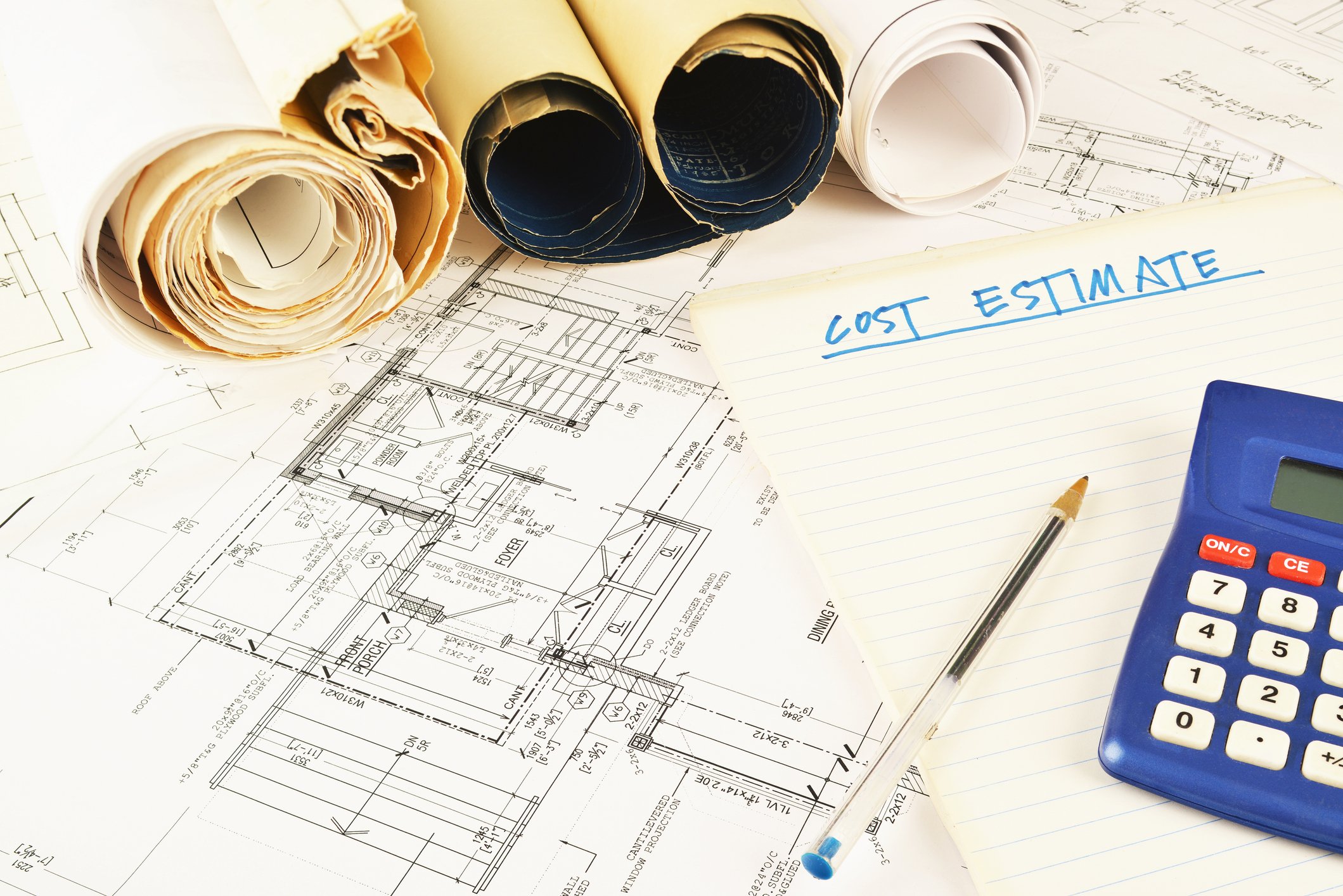Updated December 2025
Construction estimators are the financial guardians of building projects. They translate blueprints and specifications into dollar figures, estimating the costs of materials, labour, and equipment.
Their work is crucial for winning bids, managing budgets, and ensuring projects are completed on time, within budget, and to the required standards.
But what exactly does a construction estimator do? What does a typical day look like?
In this post, we offer a detailed look at the day-to-day responsibilities of construction estimators and the pivotal role they play in construction projects. We also delve into salaries, career prospects, and the skills needed to succeed in this role.
Keep reading to see if this career is a good fit for you.
TABLE OF CONTENTS
- Role and Responsibilities of a Construction Estimator
- The Impact of Estimators on Construction Projects
- Skills Needed for Construction Estimators
- Salary and Career Outlook for Construction Estimators
ROLE AND RESPONSIBILITIES OF A CONSTRUCTION ESTIMATOR
Typical construction estimator responsibilities include:
Reviewing project plans and documentation: The day often starts by reviewing project blueprints, specifications, and other documents. This helps the estimator understand the scope and requirements of the project.
Visiting the site: Site visits help estimators gather critical information needed for accurate estimation, such as site conditions, potential obstacles, and the suitability of proposed solutions.
Performing takeoffs: A significant part of the day is spent on performing quantity takeoffs, which involves measuring and quantifying the materials and labour needed for the project. This is done using software tools or manually from blueprints.
Calculating costs: After quantifying the needs, the estimator calculates the total costs, including materials, labour, equipment, and any other project-related expenses. They may also factor in potential risks and economic considerations.
Communicating with suppliers and contractors: Estimators often communicate with suppliers to request quotes and negotiate prices. They may also liaise with subcontractors to ensure their bids reflect the project needs accurately.
Preparing bid proposals: Once all information is gathered and analyzed, the estimator prepares detailed bid proposals to submit to potential clients or upper management. These proposals must be both competitive and realistic, balancing cost with quality and compliance with safety standards.
 Analyzing blueprints is a key part of an estimator’s job
Analyzing blueprints is a key part of an estimator’s job
THE IMPACT OF ESTIMATORS ON CONSTRUCTION PROJECTS
Why is estimating so crucial in the construction business? Inaccurate estimates could lead to an unreasonably low bid, which may earn the construction company the job but force it to take serious losses as unanticipated costs add up along the way (costs the company will be compelled to absorb).
Imagine a scenario where an estimator overlooks a critical detail in the plans for a kitchen renovation. The plans call for removing a load-bearing wall, which requires additional support beams and structural reinforcement. However, the estimator only factors in the cost of demolition and standard kitchen renovation materials.
Construction begins based on the initial estimate. But once the wall is removed, the crew discovers the need for the additional structural work. This adds a significant unforeseen cost. It also throws a wrench into the project schedule because the contractor needs to get additional materials and maybe even find a structural engineer. The project is now taking longer and costing more than expected.
You might think it’s better to pad the estimate a bit. However, overly high estimates will ensure the company never wins any bids as competitors submit more attractively priced tenders.
Repeated issues with project estimates can also tarnish a company’s reputation, making it difficult to win future contracts. Clients look for reliability and accuracy in bids, and failures in this area can lead to a loss of trust and fewer business opportunities.
SKILLS NEEDED FOR CONSTRUCTION ESTIMATORS
To thrive in this field, you’ll need a blend of technical abilities and soft skills. Here are the top skills needed for construction estimating:
Math proficiency: Construction estimating revolves around numbers. You should be comfortable with calculations involving quantities, material costs, labour rates, and overhead expenses.
Blueprint reading: Construction plans are your roadmap. The ability to interpret blueprints, specifications, and other documents is essential for accurately quantifying materials, labour, and equipment needs.
Attention to detail: A meticulous eye is crucial for catching errors in plans, material lists, and calculations. One small oversight can have a significant impact on the overall estimate.
Time management: Estimators often juggle multiple projects with deadlines. Effective time management skills are crucial for meeting deadlines and staying organized.
Communication: Estimators collaborate with various stakeholders, from project managers and architects to subcontractors and clients. Clear and concise communication is key to ensuring everyone is on the same page regarding costs and expectations.
The combination of these skills ensures that estimators can provide accurate predictions that help keep projects feasible, competitive, and profitable.
Related: Pursuing a Construction Estimator Career? 5 Key Skills You’ll Need to Master
 Estimators must be able to communicate effectively with project managers, subcontractors, and others
Estimators must be able to communicate effectively with project managers, subcontractors, and others
SALARY AND CAREER OUTLOOK FOR CONSTRUCTION ESTIMATORS
So what is a typical construction estimator salary? The Government of Canada Job Bank says the median wage for estimators is $37.84 per hour, which translates into roughly $79,000 a year.
However, salaries vary significantly depending on where you live. In many areas, you can expect to make more than the national median. Below is a list of the provinces whose median wages are higher than the national figure:
- Alberta: $40.87 ($85,000)
- British Columbia: $40.24 ($84,000)
- Nova Scotia: $39.56 ($82,000)
- Newfoundland and Labrador: $38.98 ($81,000)
In terms of outlook, the Job Bank says employment prospects for construction estimators are moderate to good in most provinces through 2028. Saskatchewan gets the Job Bank's highest rating--a full five stars.
Thus, demand for construction estimators is expected to hold steady for the foreseeable future.
PREPARE FOR A CAREER AS A CONSTRUCTION ESTIMATOR
Herzing College’s online construction estimator training takes just 36 weeks to complete. You’ll be introduced to the role of an estimator and receive thorough training in interpreting blueprints, calculating takeoffs, obtaining pricing from subcontractors, preparing reports, and more.
Successful graduates are fully prepared for entry-level roles as junior estimators with construction companies and trade contractors.
Click below to get complete program details and chat live with an admissions advisor. We’re here to help!






